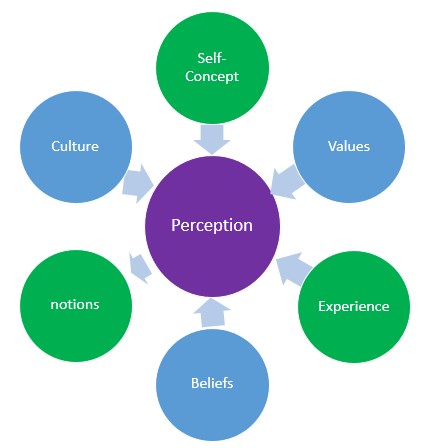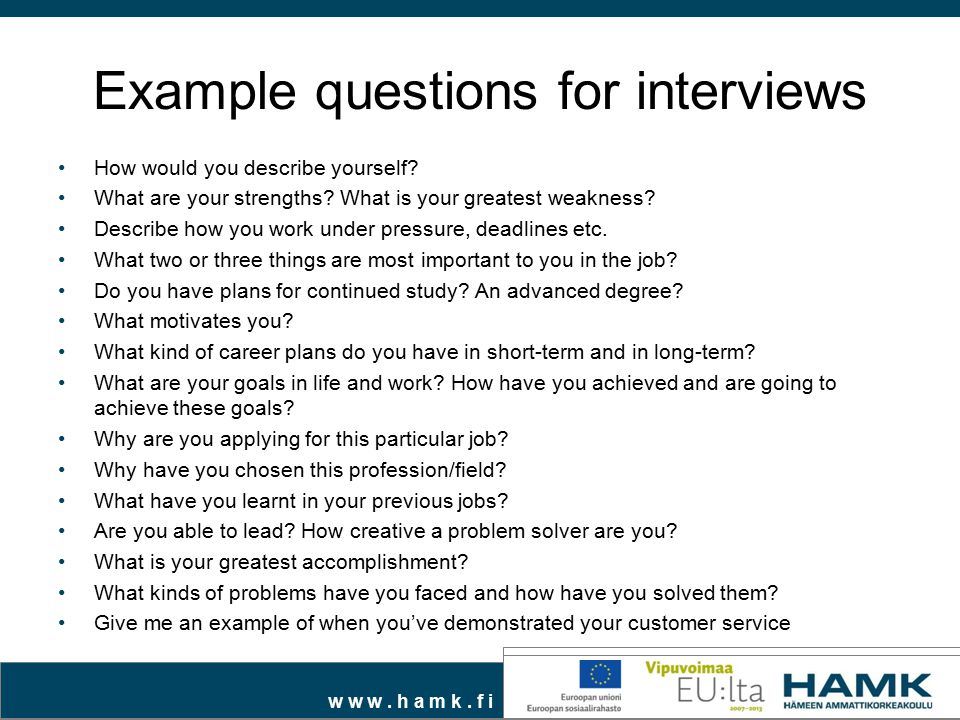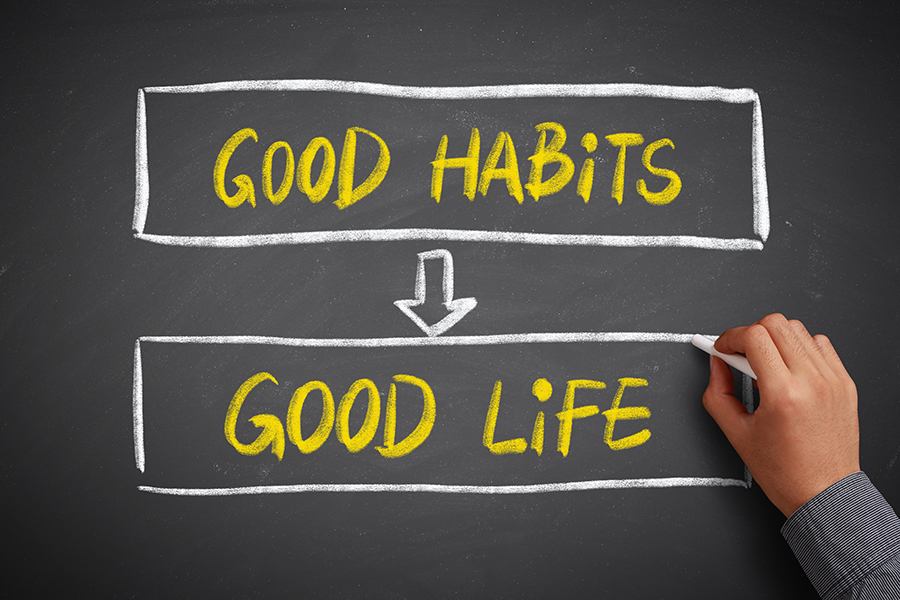Narcissist after no contact
How Does a Narcissist Handle Rejection and No Contact
Can narcissists handle rejection and “no contact” rule?
We asked experts to share their knowledge to help us understand. Here are their insights:
Table of Contents
- They might try hard to pull us back into their life by becoming obsessed with us
- Narcissists might become very upset or angry with us and will use ugly language to hurt us
- They will try to put the blame on us
- Narcissists may become socially extremely active in order to seek additional attention
- Narcissists might try the tactic of “no contact” themselves and will pull back and almost “disappear”
- They will do efforts to feel superior again
- They’ll use their charm and appear as too good to be true
- If a narcissist is being ignored, they will reach out excessively
- A narcissist experiences cognitive dissonance
- Narcissists spend their lives looking for ways to make their victims feel as angry and insignificant as they do
- They can be moody, angry and irritable
- They will try to make your life miserable
- A narcissist often uses remorse and self pity to sway the decision
- They’ll go to friends and family of the person/woman that they can enlist to their side
- They will go to your job, your family, even the neighbors to bid for their alliance against you
- They will become intensely angry, and blame everything on you
- Going no contact angers the narcissist and pushes more for communication
- Cat and mouse game
- On social media, narcissists are the people most concerned with getting a lot of “likes” on posts and positive comments
- They become overly nice, love bomb you, get apologetic and say they will do “anything to get you back”
- They can become so angry, they get destructive to your career, friendships and they seek allies against you
- They post tons of pictures of themselves with a new love interest
- They will state that your reason for leaving is unacceptable and unreasonable
- A narcissist responds to rejection with rage
Krisztina Petho-Robertson, M. Ed., LPC
Licensed Professional Counselor | Relationship Coach, Grief Recovery Center
Being engaged with a close family member or being in a romantic relationship with a narcissist can be quite challenging. We might find ourselves in a situation that we experience as hurtful.
A person who is a narcissist typically seems self-centered and would only focus on his/her needs being met; they constantly think and talk about themselves, and would rarely take others’ feelings and needs into consideration. They often act as if they were entitled to everything and have a constant need to be the best at everything.
In addition, narcissists cover up their insecurities by striving to obtain the best of everything and it is important for them to be admired at all times. They have a grandiose sense of self and would typically look for an audience that provides the attention they need.
In order for them to maintain their feeling of superiority to others and due to their insecurities, narcissists often try to manipulate others.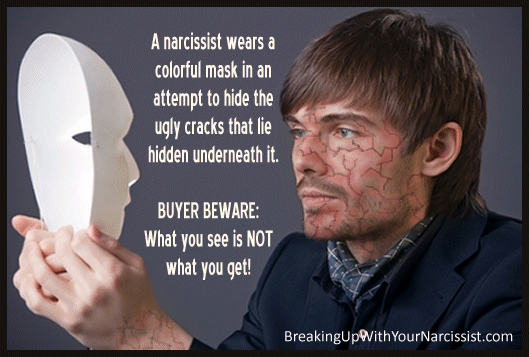
However, given that narcissists are, typically, not aware of their own insecurities and in order for them to feel more secure, they usually search for a person they can manipulate and control such as a close family member or a romantic partner.
If we frequently and closely engage with a narcissist, after a while, we will start feeling like we have lost our power. In order to protect ourselves and regain our power, it is important to look for a way to say “no” to them and possibly go “no contact” with them.
Narcissists are afraid of rejection and they might get very upset if we leave them or take a break from their manipulation.
If we say “no” to a narcissist, they will feel disappointed by us not being available to them at all times. They might not express their disappointment at first or in a direct way, but will, instead, wait for a perfect moment to punish us.
Quite often, they will try to make us feel guilty for not being available and might provide us with a passive-aggressive attack.
Rejection is hard for everyone and many of us might be sad, upset, or even angry at times. However, when it comes to a narcissist, their reaction will be much stronger since they live with the idea that they are superior to others.
Since narcissists are very focused on themselves yet do not have a real picture of themselves, if we do not provide them with constant attention, they will feel injured by us rejecting them.
It is important to mention that narcissists live on “supply”. In order for them to function, they surround themselves with individuals who will focus on them and admire them at all times. It is crucial for them to be the center of attention whenever possible.
We can look at narcissists’ supply as control; their supply is, typically, someone who will be available to them whenever needed, will not point out their flaws, and will not hold them accountable for their actions. Narcissists have a need to control so that individuals around them do not see their flaws.
With narcissists, almost everything is well thought out and calculated. If we do not reach out to them or reject them, they are going to realize that we are standing up for ourselves. Thus, given their addiction to the feeling of power, narcissists will then feel threatened and will go into desperate mode.
It is crucial for a narcissist to have a primary supply, and in this situation, they might even get worried they will lose us as their primary supply.
Given that narcissists do not have a healthy sense of themselves, they constantly need external validation and supply. However, since they do not know how to stay connected with themselves, they might backlash if we distance ourselves from them.
They are addicted to their supply and there will also be a withdrawal if they feel ignored or are not at the center of attention.
Furthermore, a person who engages in a romantic relationship with a narcissist typically experiences some form of narcissistic abuse. When we say “no” or go “no contact” with them, there are several marks that typically fit their agenda.
When we say “no” or go “no contact” with them, there are several marks that typically fit their agenda.
Related: Will a Narcissist Come Back After No Contact?
Since they have a need to win at all costs, they will either try to get us back or will quickly look for attention elsewhere and a search for a new supply:
They might try hard to pull us back into their life by becoming obsessed with us
While being afraid of losing us, narcissists might start “love bombing” us. For example, narcissists might be bombarding us with very long and loving text messages, emails, or buy very special gifts in order to get us back into their web.
At this moment, we might feel loved and very special to them. However, once we are back in the relationship and they feel comfortable with us, they will quickly snap back to some form of abuse.
Narcissists might become very upset or angry with us and will use ugly language to hurt us
It often happens that they call their romantic partner a “loser” or treats us like we were a failure.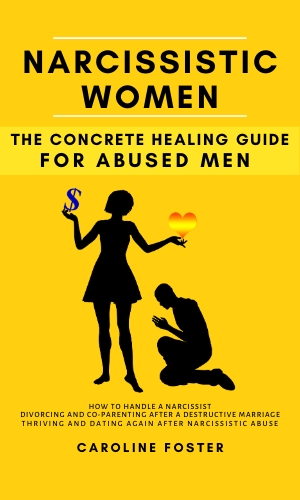 In this situation, narcissists will disrespect us openly.
In this situation, narcissists will disrespect us openly.
Once they belittle us, it will help them stop feeling like we just rejected them and will, instead, feel superior to us. They will assume that we are not good enough for them given their traits of feeling entitled to the best of everything.
They will try to put the blame on us
If we are very important to the narcissist, they might work on hurting us even more by trying to convince people around them about how negative we are. It is quite typical for narcissists to describe us as the “crazy” person in the relationship while projecting their negative traits on to us.
In addition, they would seek sympathy, play the victim in front of others, and would tell them how we ruined their life. Again, this will help the narcissists feel “better than” and superior to us.
Narcissists may become socially extremely active in order to seek additional attention
For example, they might go from 1000 friends on social media to 5000 connections within a short period of time.
Since they feel threatened and are fearful about losing us, or their secure supply, they will continue seeking attention. However, narcissists are typically not aware of that type of behavior, and they feel like it is, actually, “normal” for almost everyone to pay attention to them.
Narcissists might try the tactic of “no contact” themselves and will pull back and almost “disappear”
If we also keep “no contact” with them at the same time, they might not return as they will feel they have lost their primary supply. In this case, narcissists will move on to the next romantic relationship quickly, who will provide them with the needed supply.
Most times, narcissists have already secured a new supply while ending their relationship with us. We might be shocked at this behavior and will not understand how they were able to move on to the next person so quickly.
Narcissists are typically not hurting because they are truly missing us. Instead, they feel like they have lost control and would not be able to manipulate us anymore.
Regardless of the way they react from the above-listed agenda, unfortunately, many of us might be interchangeable for a narcissist. They will move on or will engage in adultery once they do not benefit any longer from engaging with us.
However, if we decide to contact them again, narcissists might come back thinking that we are their “safe supply.” Given that silent treatment by a narcissist is torturous for us and we want it to end, we would typically reach out to them hoping that things will get better the next time around.
In this situation, narcissists welcome us back to their vicious cycle. At this moment, they might seem like they care about our feelings, but they are actually in fear of losing us, the person who provides them with constant attention.
If we are closely engaged with a narcissist, it is important to understand their game.
Since narcissists are most likely not aware of their own very deep wounds, they are hurting others while trying to heal.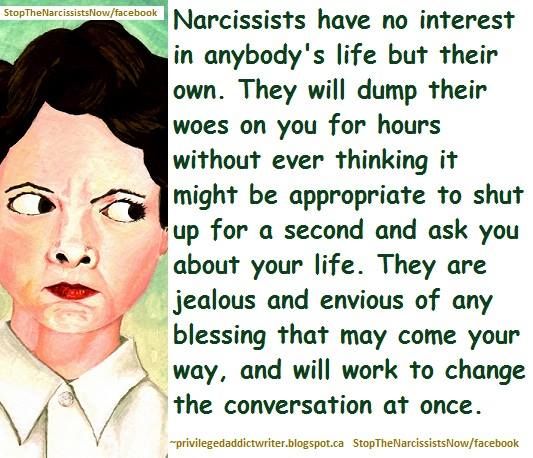 Even if they seem honest and sincere, the changes within a narcissist are temporary. Certain types of changes will last only for a short period of time in order for them to regain their supply.
Even if they seem honest and sincere, the changes within a narcissist are temporary. Certain types of changes will last only for a short period of time in order for them to regain their supply.
Once again, when narcissists feel threatened in a conversation with us, they tend to flip the conversation around and would, typically, start pointing things out that might be wrong with us. With this strategy, narcissists move the light on us so they do not need to feel guilty about mistreating us.
Related: How to Talk to a Narcissist
Narcissists will typically try to make the situation look like it is our fault. It is very rare for narcissists to apologize since they do not have a real picture of themselves. Even if they do apologize, they do not mean it, it is only part of their manipulation tactic.
If we ignore them again by saying “no” or going “no contact” with them, narcissists might go into a complete rage.
This rage is a coping mechanism in order for them to deal with us keeping our distance from them or saying “no” to them.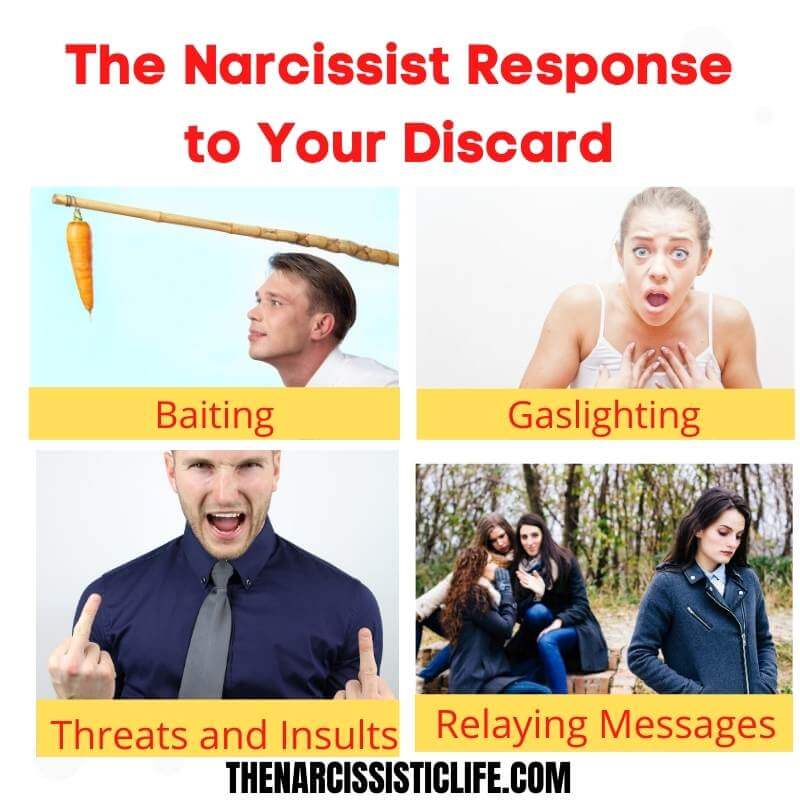 A rejection of narcissists means that we think they are not perfect.
A rejection of narcissists means that we think they are not perfect.
Related: What Happens When You Ignore a Narcissist?
Narcissists quite often abuse their partners or a close family member verbally, emotionally and psychologically in the form of bullying, yelling, belittling, and, at times, it might lead to physical abuse.
Since they constantly look for validation and cannot stand criticism, they need to think they are right at all times. If we say “no” to them and hurt them, they will try hard to prove us wrong.
Narcissists do not take responsibility for the mistake they make and will try to make us feel like “everything is always our fault.”
If we are in a close relationship with a narcissist yet we are not ready to leave, it is very important to set boundaries. However, although it is truly hard to get away from someone so abusive and manipulative, distance is key whenever possible.
A breakup with a narcissist is not like a typical ending of a relationship with other individuals. If we want to leave them, they might try to hurt us even more given that they feel terribly threatened by losing their primary supply.
If we want to leave them, they might try to hurt us even more given that they feel terribly threatened by losing their primary supply.
However, if we then start feeling guilty and we don’t walk away, after their rage, they might go back to the manipulation phase and try different tricks to control us again.
They will start with the love-bombing phase in order to manipulate us again, and once they feel they have us under control, the vicious cycle of belittling continues.
It is important to understand that this type of treatment is not our fault and going no contact with a narcissist is the healthiest way for us to go.
We might be wondering about what we could have done differently in order to save the relationship, but narcissists have been dealing with a personality disorder and their way of approach is not going to change.
They are the ones who are struggling with very high levels of insecurity and with a very deep wound, they are unable to heal.
There are several important things we might want to consider when going “no contact” with a narcissist:
- Stop interacting with them.
- Do not respond to their text messages, phone calls, or emails.
- Block them on all social media.
Related: Why Is the No Contact Rule so Effective?
Although it is very hard to end a relationship with narcissists, the healthiest thing for us to do is to go “no contact” with them forever.
Once narcissists feel like we uncovered them and we are no longer allowing their manipulation to take place, they will quickly look for another supply in order to eliminate their withdrawal.
Since they are unable to handle rejection and will no longer be able to behave in an abusive manner towards us, they will move on to the next person they can manipulate.
Realizing that our relationship has ended might be very painful, but once we understand we left an abusive connection behind, our healing may begin. We will be ready to regain our power in a much healthier environment and move on with our lives.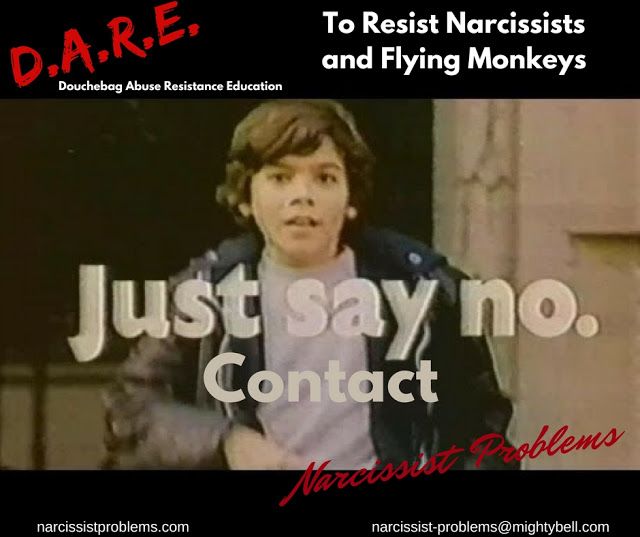
Bill Eddy, LCSW, Esq.
Licensed Clinical Social Worker, High Conflict Institute | Author, “Splitting: Protecting Yourself While Divorcing Someone with Borderline or Narcissistic Personality Disorder“
Narcissists do not handle rejection and “no contact” very well.
For them, it is considered a “narcissistic injury.” This is all too common for them when someone points out that they are not the incredible fantasy person that they try to think that they are.
After all, narcissists are no more superior or better people than anyone else—they just think that they are! In relationships, they are often worse.
Years ago, psychiatrist James Masterson and others identified that narcissists create a “false self” image of themselves, often early in life sometimes even as young children.
Perhaps they were abused as a child and they overcompensate by trying to believe that they are special. Or perhaps they were raised to believe that they were superior from the start.
Or perhaps they were raised to believe that they were superior from the start.
In either case, they spend the rest of their lives trying to fulfill this false self-image by convincing others (and themselves) that they are superior. They come to truly believe it.
But then reality strikes, as it always does—again and again. Then they experience the narcissistic injury that has to be healed by attacking the one(s) who have pointed out that they are not so hot after all. They have to diminish them. Demean them. Perhaps destroy them, to get back to a sense of being okay in their own mind. (“You’re wrong! It’s all your fault!”)
They will do efforts to feel superior again
If they are a vulnerable narcissist, they are likely to strike out with “hot anger” such as by yelling or hitting or breaking things.
If they are a grandiose narcissist, they are likely to respond with “cold anger” such as plotting to get back by trashing their target of blame in social media or secretly sabotaging their career advancement or publicly making false allegations against them in a calm and serious tone of voice.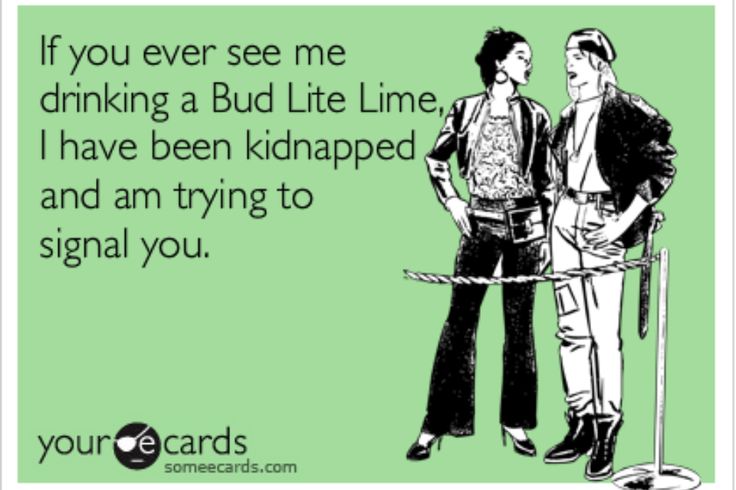
All of these efforts are to make them seem superior again—to the world and especially to those who they feel have caused their narcissistic injuries. (“Admit that it was all your fault!”)
They’ll use their charm and appear as too good to be true
In relationships, they start out by presenting themselves as extremely superior beings. They may seem too good to be true. They can be very charming in the seduction phase, showering their partner with praise, gifts, and wonderful stories of their many accomplishments (which are usually an exaggeration).
But after they have persuaded their partner to commit to the relationship, then they will start to use their partner for their own sense of superiority by putting the partner down and pointing out their imperfections.
This is often a big surprise, coming from the person who treated their partner so special. But they may suddenly be charming again so that their partner stays committed.
In some cases, a narcissist will get bored with their committed partner but want to keep them securely committed.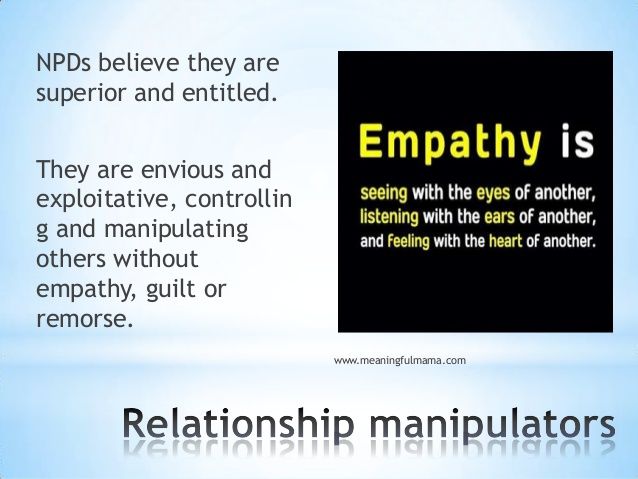 So they may have one or two affairs to enhance their sense of importance and superiority.
So they may have one or two affairs to enhance their sense of importance and superiority.
Sometimes they will let a dating partner know that there are one or two others, just to impress their partner or make them work harder at the relationship. But even in these circumstances, the narcissist may take it very badly if their partner has had enough and rejects them.
Even though the rejection may be based completely on the narcissist’s arrogant behavior toward the partner, he or she may go into their hot anger or cold anger to punish the partner. Even if the narcissist has one or two other people who want to be with them, he or she may still go into this sense of narcissistic injury and anger.
So rejection and no contact are extremely painful to narcissists and they typically handle it by punishing the other person one way or another.
To avoid this, a person who wants to end a relationship with a narcissist should generally do it gently, in phased down steps (“I’m busy this weekend”), and without any negative feedback that could be construed as a narcissistic injury.
If a direct reason is needed, it’s usually best to explain that the relationship is not a good fit, without saying either person is at fault.
No contact will come easier as the end result of a gentle phasing out of the relationship rather than a direct rejection, which ultimately has more negative consequences than one would expect.
Dr. Abby Lev
Clinical Psychologist | Founder, CBT Online
Narcissists don’t handle rejection or no contact very well at all. Narcissists hate being ignored. It’s their worst fear. Nothing makes a narcissist angrier than being ignored.
If a narcissist is being ignored, they will reach out excessively
They will threaten, act out, stalk, triangulate others, spread misinformation, beg, make promises, pretend to make improvements, tell you whatever you want to hear, go to therapy, get others to contact you on their behalf, or even get violent.
Narcissists will beg, plead, agree, improve, yell, scream, and/or retaliate in whatever way they can in order to get a reaction from you.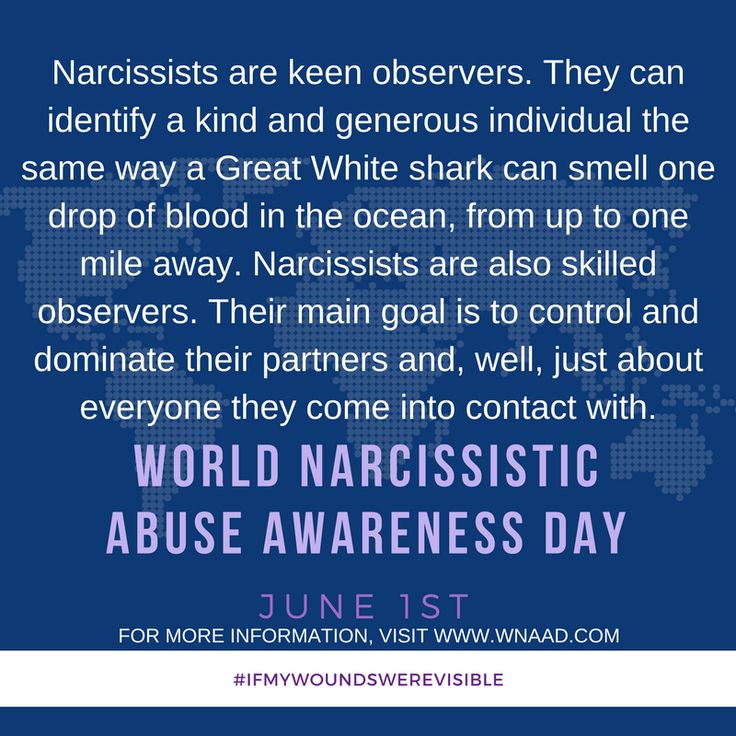
Narcissists feed off of people’s emotional reactions. If they are ignored and they don’t get an emotional response, they feel helpless, powerless, and impotent. They don’t care what reaction they get as long as they get you to react.
Narcissists spend all their energy trying to control others and push their buttons. It’s like they have a remote control.
They want to believe that once they press the button, they could get a particular response from someone. They want to know if they press the guilt button, then you will apologize. If they press the threaten button, then you will concede. If they press the anger button, then you will surrender, and if they press the abandon button, then you will beg for their return.
When a narcissist feels like these buttons no longer work, it’s causing a huge narcissistic wound, and they will do whatever it takes to try to regain control and get their power back.
The higher they are on the narcissism spectrum, the longer they will persist and maintain their behaviors.
Dr. Tony Ortega
Licensed Clinical Psychologist
Some of the salient features of narcissism are a grandiose sense of self, belief that they are special, requiring excessive admiration, having a sense of entitlement, lacking empathy, and being interpersonally exploitive.
If you take all of this into consideration, having someone reject them or tell them “no contact” is the most egregious injury they can experience. They feel they are infallible and loved by all.
A narcissist experiences cognitive dissonance
When a narcissist enters into any kind of personal conflict such as rejection or requests for no contact, they immediately experience cognitive dissonance. Therefore, being rejected goes against everything they believe to be true about themselves.
The majority of people I have encountered, myself included, would respond to rejection somewhere along the spectrum between disappointment and rejection.
A narcissist would be, “You’re rejecting me? How could you?” and then likely go into a spiral of how you have wounded them so gravely and what an awful human being you are.
This diffuses their cognitive dissonance as the rejection then becomes a matter that has nothing to do with them and everything to do with you.
If a person requests no contact, this also causes extreme cognitive dissonance as why would you not want to have any contact with them?
They may go as far as to say that without them (the narcissist) in your life, you will be unable to achieve any of your deeply cherished dreams. You will be missing out on everything you want because the narcissist isn’t in your life.
This really has nothing to do with the other person, as the narcissist is exploiting whatever power they feel they have with the other person.
On the flip side, if they were the ones doing the rejecting and requesting the no contact, they would, in their mind, be extremely justified in doing so. They need to be in charge at all times so this will cause no cognitive dissonance.
Dr. Ramani Durvasula
Clinical Psychologist | Professor of Psychology | Author, “Don’t You Know Who I Am?”
It depends.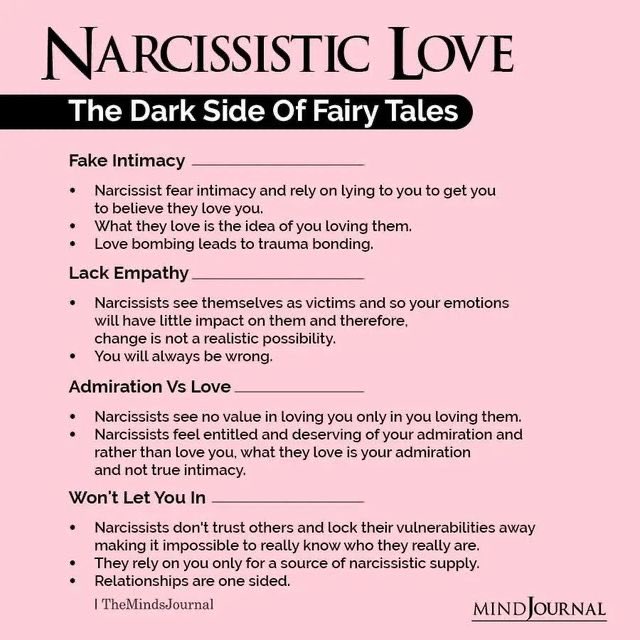 There can be a range of reactions including rage, silent treatment, gaslighting, manipulation, and/or smear campaigns.
There can be a range of reactions including rage, silent treatment, gaslighting, manipulation, and/or smear campaigns.
They may walk around and portray themselves as a victim with little consideration of how their behavior may have contributed to someone walking away from them.
They can’t stand losing and are deeply insecure so rejection is particularly triggering, and the reactions tend to be very antagonistic and unsettling.
In a romantic relationship in severe cases, it can escalate to stalking or other menacing and vindictive behavior.
The inability of a narcissistic personality to be able to regulate disappointment of any kind including rejection means that they will have a strong emotional reaction to this disappointment which is why any of the reactions above may be observed.
Remember, that a narcissist thrives on narcissistic supply, and if you go no contact, the supply goes with you – and that is also something that is experienced as an ego injury and subsequent acting out.
Rita Hickman
Body and Mind Expert | Women’s Narcissism Recovery Coach, Inspire Massage
Narcissists handle rejection and no contact like most people do. Hurt, anger, depression, anxiety. But in a narcissist’s nervous system, they are drowning. They are fighting their personal Armageddon every day.
Because Narcissists are emotionally unstable, they find and treat personal relationships like prey, frightening, and gaslighting them. Trying to grasp the slippery slope of their own, usually undiagnosed, personality disorder.
Narcissists spend their lives looking for ways to make their victims feel as angry and insignificant as they do
Narcissists are professional bullies.
Narcissist abuse means they lie about paying the mortgage so you have to move. Scary fights in the car when they call you a useless piece of trash. They demand all your retirement savings and your great-grandmother’s diamond ring, and you agree.
Narcissist abuse also looks like flowers sent to your office so everyone sees what a great partner you have.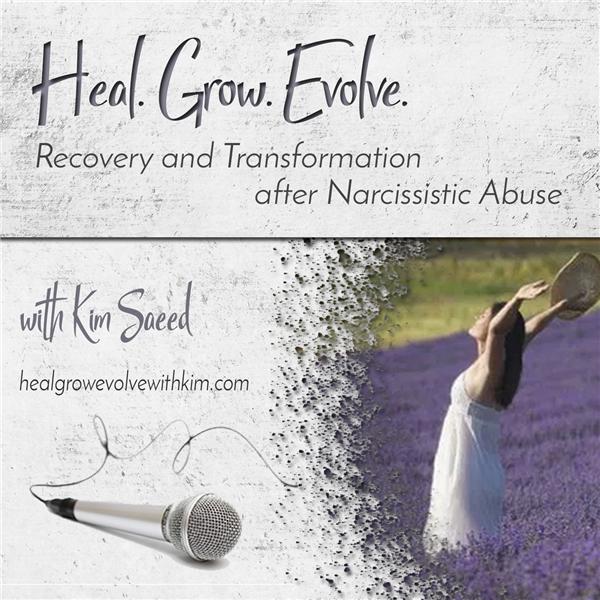 Birthday trips to Maui to show how generous they are. Narcissists look exactly like an average, nice guy who buys a Prius. Or a Lamborghini. It’s all about image.
Birthday trips to Maui to show how generous they are. Narcissists look exactly like an average, nice guy who buys a Prius. Or a Lamborghini. It’s all about image.
And, narcissist abuse means helplessly watching your sweet children turn into abusive, narcissistic parents that keep the cycle of abuse going.
Related: How a Narcissistic Parent Affects a Child
When you’ve been a victim of a narcissist, sometimes the seduction and abuse cycle is so bad your only option is to totally reject them and go “No Contact”.
But there are other options.
Most Narcissists are our mothers, fathers, husbands, wives, brothers, sisters, children, lovers, bosses, co-workers and friends. It feels overwhelming to care about them, even love them and be tortured by them at the same time.
The way out is to heal yourself first. If you need to escape a Narcissist, the first thing is to dismantle the trauma triggers in your brain and collect a trusted support system that looks out for you. This looks like psychologists, energy healers, chiropractors, coaches, support groups, lawyers, psychics, massage therapists…
This looks like psychologists, energy healers, chiropractors, coaches, support groups, lawyers, psychics, massage therapists…
Sometimes a victim has to use rejection and “No Contact” to survive the abuse first.
As an adult, you need to save yourself.
After you feel stable and have healed your own wounds, you get to decide if your narcissist is worth your time or you’re ready to move on.
In African cultures, the tribe gathers around a Narcissist to remind them who they really are. The remind the Narcissist they are an intertwined and important part of the tribe.
Like professional hostage negotiators, the tribe uses trust-based influence and tactical empathy to turn a Narcissist into a healthier, more loving human being.
There are better options than rejection and “No Contact”. It’s time to raise the bar on mental health.
Dr. Cali Estes, Ph.D.
Psychologist | Cognitive Behavioral Therapist | Celebrity Addiction Specialist | Founder, The Addictions Coach
They can be moody, angry and irritable
A narcissist struggles with no in-person contact because they utilize body language to communicate, get their needs met, and maintain control.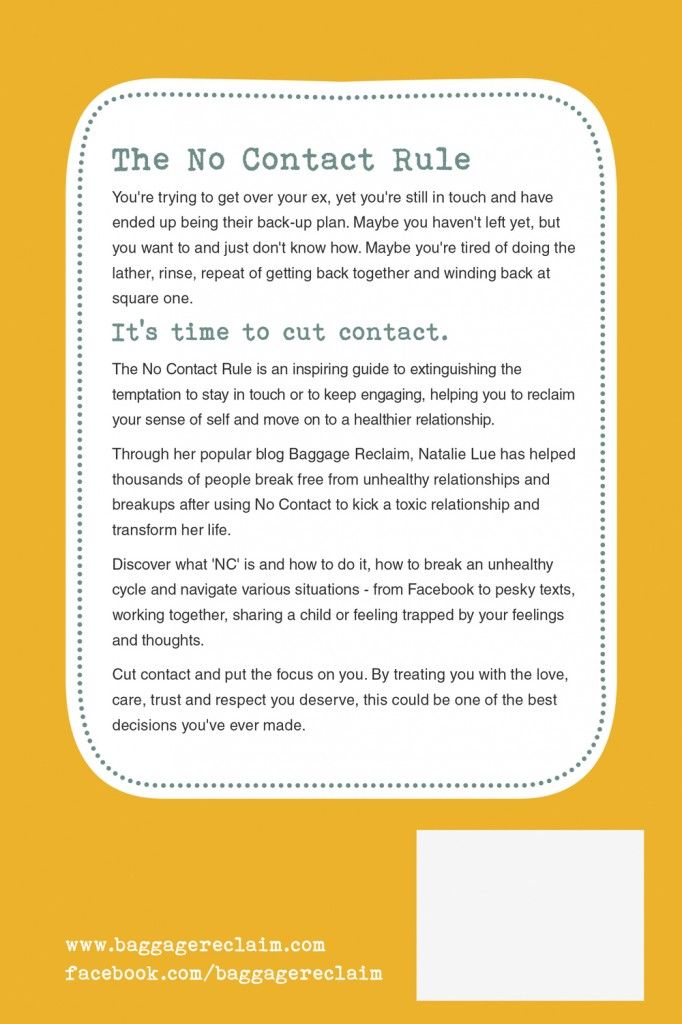 They have low self-esteem, and without validation, they can come become moody, angry, and irritable.
They have low self-esteem, and without validation, they can come become moody, angry, and irritable.
In-person, a narcissist will touch your arm, check, or neck/back areas generally to show they care and need you. This light touch conveys a sense of compassion and understanding and love.
As the recipient, you feel loved, needed, wanted, and appreciated and you miss the sign that it is pure manipulation to get you to do what they need at that moment.
With no contact, a narcissist is left to use text and phone calls, which can be impersonal and nonchalant. It is very difficult to send a text that conveys the depth of the manipulation they need to feel validated and that they are ‘winning’ the conversation, the relationship, or the stance.
For them, life is a game and you are a player. They decided if you can pass to the next round and when you fail. In-person, they can read your body language as well to see how they are doing in the game.
Rebecca Zung, Esq.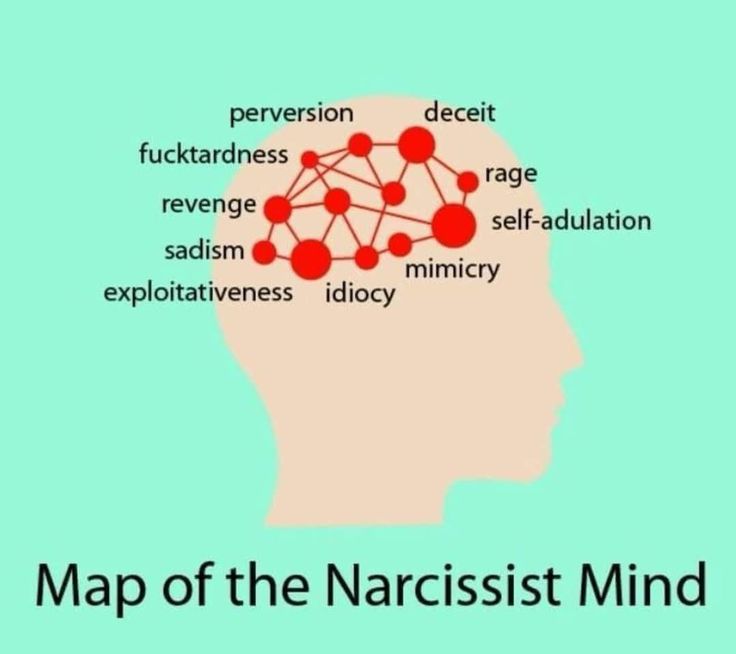
Divorce Attorney | Author, “Negotiate Like YOU M.A.T.T.E.R.”
How does a narcissist handle rejection and no contact? In short, not well. And that’s an understatement.
They will try to make your life miserable
Narcissists have no sense of inner value which means that they have to suck all of their sense of value from external sources. This is what we call narcissistic supply. Supply can be in the form of more positive things such as a big house, a prestigious job, or lots of compliments.
They will also take their supply in the form of things that are much more insidious such as devaluing, judging, or debasing their target.
When a narcissist chooses a target, the choice is made very deliberately. The narcissist is looking for supply and believes that the target/victim they have chosen will give it to them. It really is like a wild animal looking for prey. The wild animal sees it as survival – and so does the narcissist.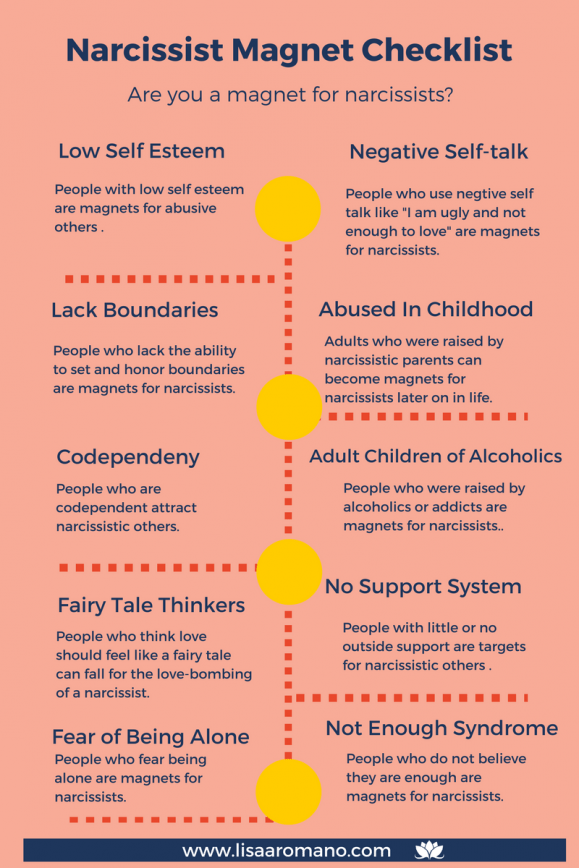
So when the target rejects the narcissist and decides to go “no contact”, the target is in effect ripping away that narcissist’s form of supply.
From a narcissist’s perspective, it is almost like ripping a fresh kill from a lion’s mouth. In this case, however, taking away a narcissist’s supply also exposes their narcissistic injury – that fragile, scared little ego that lives inside the narcissist.
Once their narcissistic injury is exposed, their narcissistic rage is triggered. Then the fury is unleashed, the magnitude of which may be unstoppable (depending upon the type of narcissist you’re dealing with – covert, grandiose or malignant).
The more covert narcissists might twist and use the system or others to try to make your life miserable. The malignant narcissists might turn to stalking, threats of violence, or real violence.
All that being said, it is absolutely essential to go “no-contact”. While they will have a tantrum that would put a 2-year-old to shame, they will eventually find another form of supply. It is the only way to preserve your life, your sanity, and your soul.
It is the only way to preserve your life, your sanity, and your soul.
Tory White, M.S. MFCT, EMDR
Registered Psychotherapist | Founder, Creative Pathways Counseling
Narcissistic people don’t handle anyone’s boundaries very well.
I counsel and coach women on how to be firm and stand their ground when they can’t tolerate the relationship with a narcissist any longer.
When a narcissist is faced with rejection, they immediately try to override that decision by either playing victim, slandering, or using power and control.
A narcissist often uses remorse and self pity to sway the decision
They plead, cry, and promise to “do better.” They will ladle on false promises and false sincerity to get the person/woman to question their decision and confuse them. They will call incessantly and stop by unannounced with gifts.
They’ll go to friends and family of the person/woman that they can enlist to their side
These use gullible people who have believed the false-front they portray and have never seen how hateful and cruel they can be.
Then they start playing hardball when the person/woman doesn’t respond to their lies of innocence or new commitment. They will continue the campaign of going to others, but now to embarrass and slander you. This is when they assassinate your character. They stalk and harass you, and use humiliation.
They will go to your job, your family, even the neighbors to bid for their alliance against you
Narcissists are notorious for straining and blowing up relationships. They are self-centered and never reciprocate.
At their core, they don’t value people; but they will use people to get what they want to comfort their fractured ego. They are broken and emotionally immature, with severe attachment issues.
Rejection and abandonment are their Kryptonite. The narcissist can leave you, but they can’t deal with being left.
When their supply or target goes no contact, the person/woman may need their village and law enforcement to send a strong message that the train has left the station without them and they are now persona non grata.
Lynell Ross
Certified Health and Wellness Coach | Behavior Change Specialist | Founder and Managing Editor, Zivadream
The short answer is not well.
The reason narcissists behave the way they do is that they have an internal lack and low self-esteem on the subconscious level.
On the surface, they act grandiose, entitled and lack empathy, but inside they are dysregulated, and when they feel like someone has insulted them in even the slightest way, they can go off like a bomb.
They will become intensely angry, and blame everything on you
Narcissists fear rejection above all else. When you dare to tell them no, or walk away, they can’t handle it.
They will make sure everyone knows what a terrible person you are, and will use any personal information you have shared with them in confidence against you. Narcissists care about winning above all else.
Going no contact angers the narcissist and pushes more for communication
If you are able to go “No Contact”, and stop answering their phone calls, texts and emails, get ready to be barraged by more calls, texts, more emails and them showing up at your door, even when you have made it clear you want to be left alone.
They can’t handle the perceived humiliation and will either do everything they can, say anything, even apologize ( which most likely isn’t a real apology) to win you back, or if they can’t reach you, they will trash your name and reputation to anyone who will listen.
Going no contact makes a narcissist beyond angry because they can no longer control you.
It is difficult to go no contact without support. Make sure you find a therapist who understands how to deal with narcissists, or a good support group to help you focus on setting boundaries and protecting yourself.
Jennifer Tomko, LCSW
Licensed Clinical Social Worker | Owner, Clarity Health Solutions
A narcissist feeds off of positive reinforcement, although, they define this differently than those without Narcissistic tendencies.
Positive reinforcement for them is when they can witness how their behaviors/words affect the other person. So, if they are trying to get you to forgive them, they will send a heartfelt text message with the things that they believe you want to hear, ie. “don’t leave me, I will change” or “we are meant to be together.” When your heart melts and you break down and call them, that is the positive reinforcement.
“don’t leave me, I will change” or “we are meant to be together.” When your heart melts and you break down and call them, that is the positive reinforcement.
They are looking at the situation as a cause and effect, game-like maneuver, while you are left feeling needed. But this only lasts for a while, then the cycle begins again. They do something “unforgivable” and then they are able to get you to stay in your life.
They need to be the center of attention. This applies to them being in a group setting. They crave situations where they believe to be the best and know-it-all. They cannot tolerate being challenged or upstaged.
Related: How to Deal With Know It Alls
Now that group settings have pretty much been temporarily eliminated from most of our lives, narcissists are feeling a larger void than people who have more humble and reserved personalities.
Cat and mouse game
However, narcissists will continue to seek ways to fill that void. The narcissistic behaviors may become more apparent. I think of these like a cat and mouse game.
The narcissistic behaviors may become more apparent. I think of these like a cat and mouse game.
The narcissist (cat) will torment those in the home (mouse) by gaslighting, manipulating, blaming, verbally/physically abusing, or neglecting others.
Once the affected person (mouse) gets intolerant of these behaviors, they often choose to leave. This is perceived as abandonment and losing control to the narcissistic person and they will respond by telling the person affectionate, kind, and engaging things to win them back.
To the victim, this is confusing and painful, to the narcissist, it is just part of their entertainment. They may be genuine in the things they are saying to win you back, but it isn’t coming from a place of love, it is coming from a place of fear of being alone or fear of losing the game.
On social media, narcissists are the people most concerned with getting a lot of “likes” on posts and positive comments
They do not handle rejection well because this contradicts the reputation they believe they have and hurts their inflated ego.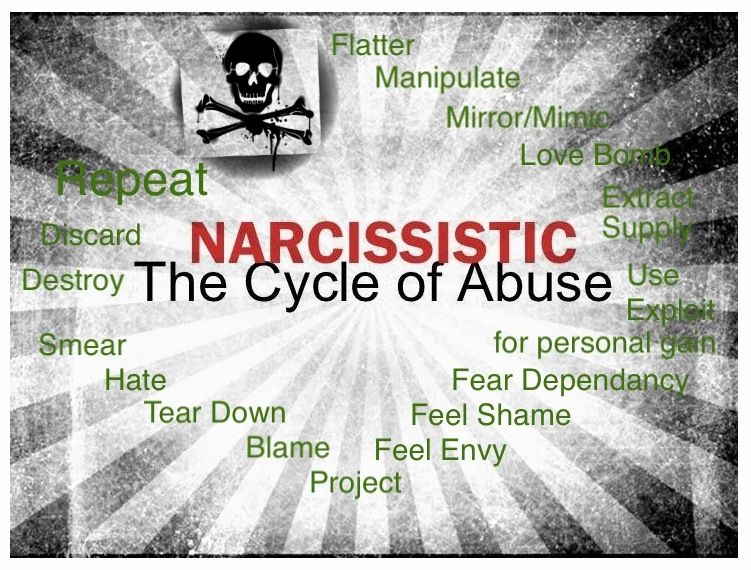 In some cases, narcissists actually brush off rejection because they are in denial that they could possibly be wrong about something or disliked by someone. They will dismiss the contradiction and consider the source to have no credibility assuming that person is ridiculous.
In some cases, narcissists actually brush off rejection because they are in denial that they could possibly be wrong about something or disliked by someone. They will dismiss the contradiction and consider the source to have no credibility assuming that person is ridiculous.
The narcissist is never wrong, they will justify their thoughts and behaviors to protect this belief. They may even talk down or blatantly reject the opinions of others if it doesn’t fit into their beliefs/statements. It becomes more of a bullying response if it is unwanted feedback.
Mary Joye, LMHC
Licensed Mental Health Counselor, Winter Haven Counseling
There are there major ways narcissists react when you go no contact. Each one has a twist.
They become overly nice, love bomb you, get apologetic and say they will do “anything to get you back”
The twist: Once they have you back they begin the intermittent reinforcement all over again such as being nice and then being mean.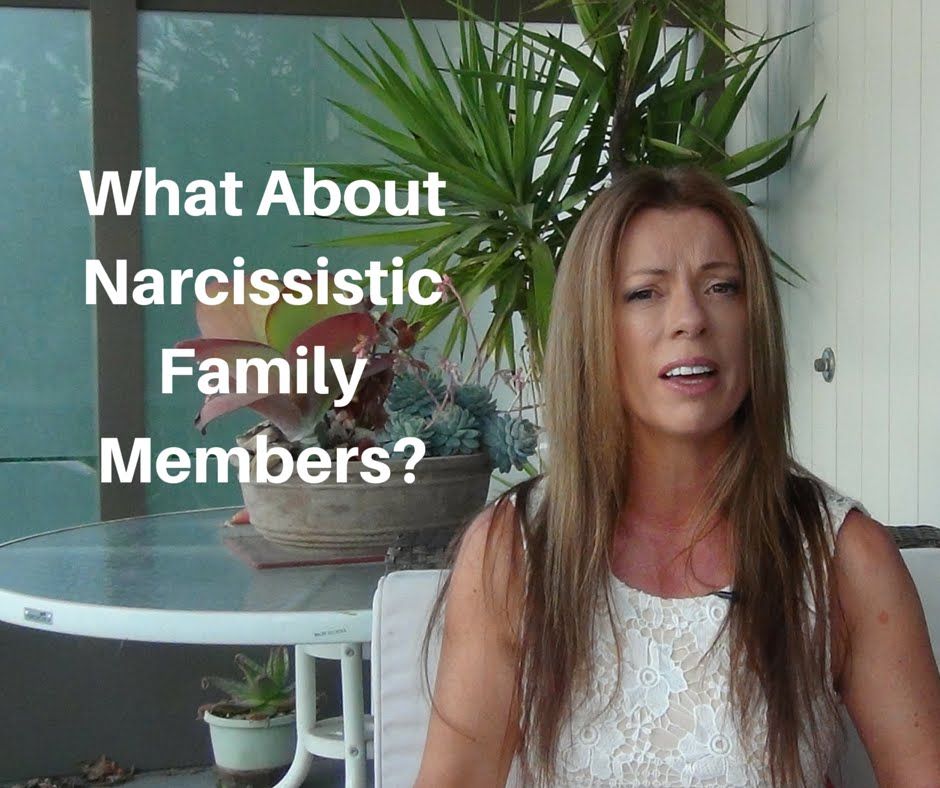 The worst-case scenario is they are getting you back, to get revenge.
The worst-case scenario is they are getting you back, to get revenge.
They often are nice or “good” for a while but then they premeditate a discard and it is intentional. It’s nothing you did, you just fell prey to their plan to reject the rejector for vengeance.
They can become so angry, they get destructive to your career, friendships and they seek allies against you
The twist: If you engage with them at this time, it could get rough. Better to remain composed and less exposed. Hang out only with your allies and the truth will rise to the surface.
They post tons of pictures of themselves with a new love interest
The twist: They lack the capacity to love. No one likes to be alone but narcissists refuse to be alone and find a new “victim” quickly.
They usually keep a supply chain of potential connections you may not have been aware of and it’s important you don’t become one of them.
Stephanie Wijkstrom MS, LPC, NBCC
Psychotherapist | Founder, The Counseling and Wellness Center of Pittsburgh
For anyone who has attempted to escape the grip of a narcissist, you will know that going no contact is often the only way to ensure that you are conveying the message in the clearest and safe way possible. Yet, this is often the time that is most dangerous when escaping a narcissist.
Yet, this is often the time that is most dangerous when escaping a narcissist.
Narcissists perceive slights and criticism everywhere, even when none exists, but few things are more difficult for even the most whole and healthy person as losing a relationship.
They will state that your reason for leaving is unacceptable and unreasonable
For a truly narcissistic person, this pain will rupture their deepest wounds and can even result in them perpetrating violent behavior. If you are leaving a narcissist, you likely served as the narcissistic supply for their fragile ego.
They will try to blame, criticize, and make you feel that any reason you state for wanting to end the relationship is not reasonable. When these tactics fail, they may assault and batter the person trying to escape.
To leave a truly narcissistic person, it can be dangerous, it is recommended to enact your departure while the person is not home if possible to avoid anything that could be unsafe.
Carrie C. Mead, MS, LCPC
Psychotherapist, Maryland Therapy | Life Coach | Reiki Practitioner
A narcissist responds to rejection with rage
The narcissist has a false image of him or herself. Simply put, they believe that they are superior to others and perfectly made in all aspects. Because of this false perception of self, the narcissist responds to rejection with rage.
Under the surface rage, in the psyche, the rage is fueled by unseen fears of abandonment, anxiety, and shame.
The rage that consumes the narcissist will either lead to him or her to pursue his or her beloved with outward physical or psychological or emotional abuse, or, the rage will fuel a passive-aggressive approach in which the silent treatment is given.
The passive-aggressive approach is used while the narcissist plots ways to undermine the success of those who rejected him or her.
The truth is, despite the external show of power and confidence, the narcissist fears being rejected, abandoned, and unloved, and they are always going to be hypervigilant to the slightest hint of rejection.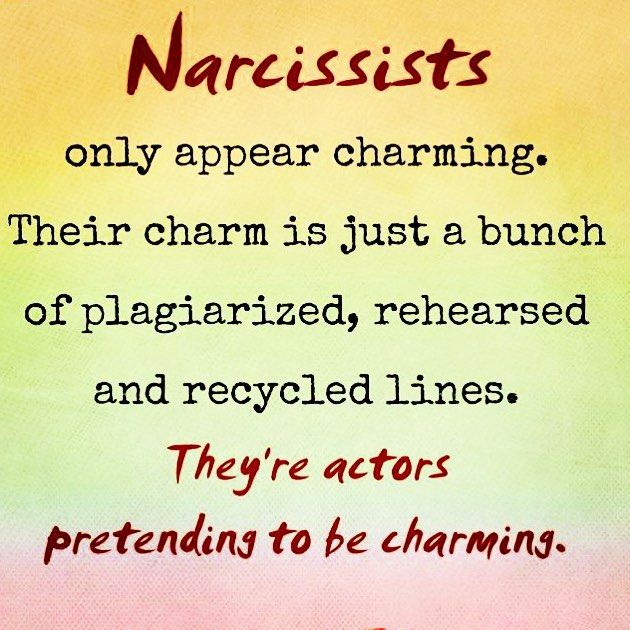
The reaction will always be disproportionate to the incident, revenge will be plotted, and psychological abuse will ensue.
How useful was this post?
Click on a star to rate it!
We are sorry that this post was not useful for you!
Let us improve this post!
Tell us how we can improve this post?
Narcissists and the No Contact Rule
The No Contact Rule is a widely prescribed strategy to break free from a narcissist. As the name suggests, it involves avoiding any contact with the narcissist, including
- Meeting with the narcissist in public or in private
- Phone calls — calling yourself or taking calls from the narcissist
- Blocking the narcissist’s text messages
- Blocking the narcissist on social media or, even more extreme, deleting your social media profiles so that the narcissist can’t find you
- Carefully avoiding any other possibility of meeting with the narcissist or talking with them
If you have any common friends that the narcissist could use to reach you, you may need to apply the No Contact rule to these relationships as well.
While one may argue that this strategy isn’t always practical — the narcissist could still show up at your workplace or wait near your home — it may be very helpful in some cases and is worth considering.
The wrong reasons to go No Contact
People ask many questions regarding the No Contact Rule, but one common trend is that a lot of victims approach it with the wrong mindset.
They view No Contact as a revenge of sorts. They want to hurt the narcissist. They want to make them miss them, regret everything they have done and come back crawling.
While understandable, it is immature thinking and a sign that the victim isn’t ready to heal.
We go No Contact to finally break free from the narcissistic abuse, to regain our life and restore our mental and physical health.
- It is not meant to be used to manipulate the narcissist into changing his or her ways and being with you and you alone.
- It is not one of those relationship games people play to satisfy their ego.

Be honest with yourself because your future literally depends on it. If you are looking for a way to hurt your abuser or tame them, you are not willing to end your relationship with them. And if that’s the case, you are not ready to heal.
Understand: You can’t out-manipulate the narcissist. You can’t beat them at their own game, nor should you even attempt it.
Here are a few possible scenarios of what can happen if you insist on seeking revenge:
- You will get back together and, after a honeymoon period, your relationship will return to the old patterns (most probably).
- You will become a hurtful and manipulative person yourself, which will negatively affect all your future relationships — obviously, not the answer as well.
We are not discouraging you from avoiding the narcissist if your intentions are less than pure. What we mean is be honest with yourself; and if you have some work to do, do so.
The feeling of hurt pride and the desire for revenge are complex emotions, and you will need to work with a professional to get past that (here’s one of the options you have).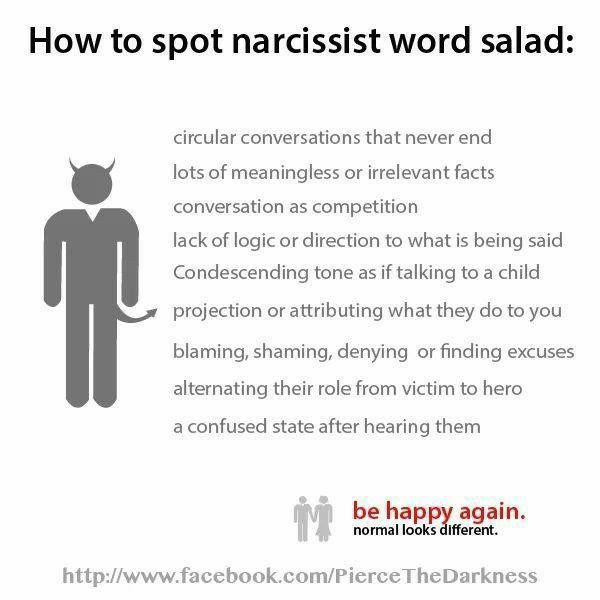
How Does a narcissist feel during No Contact?
A narcissist is similar to a drug addict in the sense that they are addicted to attention, admiration, praise, and control over other people — narcissistic supply as it’s called in psychology.
While you were together, you were their source of narcissistic supply, and now that it’s taken away from them, they feel frustrated and restless.
- They want to regain their source of narcissistic supply.
- They feel challenged and want to prove themselves by forcing you to get back with them.
- They feel very bored because there is nothing to distract themselves with.
How does a narcissist react to No Contact?
There is no doubt that No Contact has a devastating effect on narcissists. Depending on the state of your relationship and presence of other sources of narcissistic supply (or lack of thereof), there are two possible reactions a narcissist may have:
What makes you the way you are? Take THIS TEST to discover your personality type.
- They will frantically pursue their victims in an attempt to get them back (most probable).
- They will announce that their victim doesn’t deserve them anyway. Generally, they will pretend that they were the ones to do the dumping.
While the second option seems like a less flattering alternative, it is, in fact, a much more fortunate outcome because now you are virtually free.
Unfortunately, in most cases, narcissists don’t let their victims off the hook very easily and will do whatever it takes to win them back.
- They will stalk you.
- They will call you and text you.
- They will try to interact with you on social media.
- They will send you emails.
- They will show up at your workplace, embarrassing you in front of your colleagues.
- They will wait for you in the parking lot.
- They will wait for you near your home or your gym.
- They will contact your friends and relatives.
Once they manage to get hold of you, they will try to manipulate your emotions by reminding how happy you were together.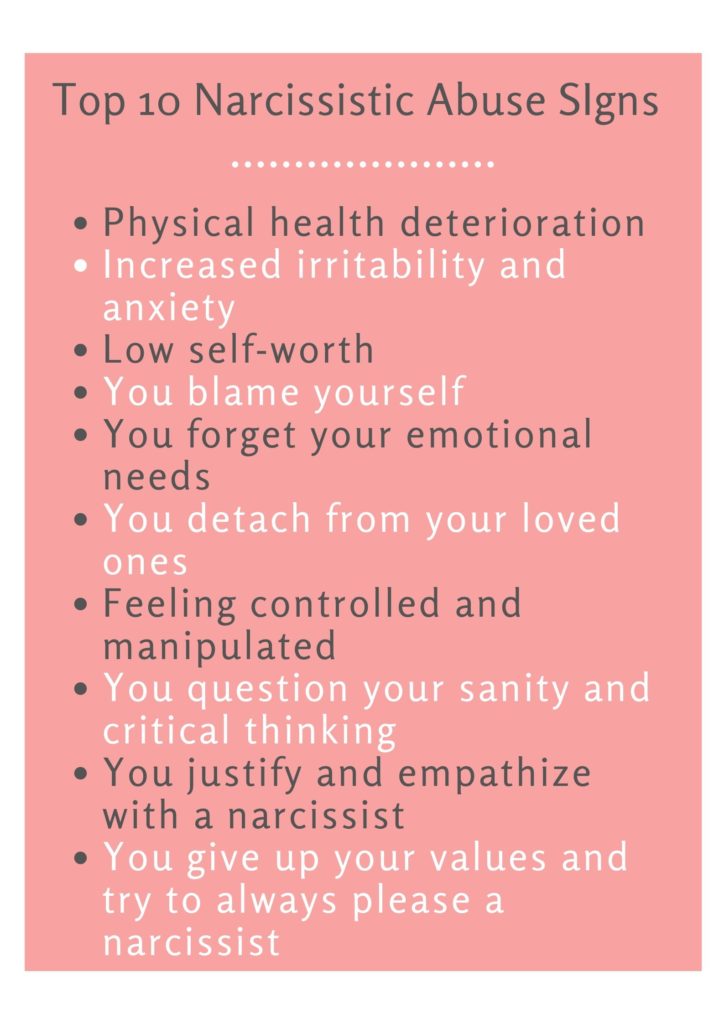 They want you to recall those sweet memories of the days when you were in the initial stages of the relationship and very much in love.
They want you to recall those sweet memories of the days when you were in the initial stages of the relationship and very much in love.
Expect gifts, beautiful promises, tears — they know you well and know exactly what you want to hear. Think of your favorite romantic drama character: This is their response.
Will a narcissist come back after No Contact?
In most cases, the answer is yes, if you let them.
Sometimes they will get back with you only to break up with you (or discard you) later. It’s important to them that if a breakup takes place, they are the ones to initiate it.
More worrisome, they may seek revenge because ignoring them is one of the worst things you can do to a narcissist — in their mind, anyway.
Another question is for how long do you do No Contact.
No Contact is not something you do for two weeks or a month — it’s indefinite. If the narcissist has a way of contacting you, they will continue bugging you for years to come.
That is why it’s so essential that you heal yourself first so you can stay strong and resist the temptation to get back together.
Do narcissists miss their ex after No Contact?
Now you might be thinking that the narcissist really misses you and the answer is yes, they do but not the way you hope.
As we explained above, you were their source of narcissistic supply — a source of love, admiration, and praise. Now that you are gone, there is a sense of emptiness and dissatisfaction.
At this stage, the narcissist is eager to fill that empty space, which is why they keep contacting you. Unfortunately, this doesn’t mean that they really love you or miss you in a way that most people understand.
And finally, one last note: Narcissistic Personality Disorder, the clinical kind, is very rare. Most people we refer to as narcissists do not have NPD.
In its non-clinical form, narcissism is more of a spectrum with some people falling closer towards the end, hence displaying more narcissistic traits.
It means that along with narcissistic traits, they can also have other more desirable traits. In other words, there could be good things about them.
In other words, there could be good things about them.
It means that along with narcissistic traits, they can also have other more desirable characteristics. In other words, there could be good things about them.
If you are unsure what to do about this particular relationship, a good question to ask is not whether or not your partner has NPD. A better question to ask is how does it feel like to be in a relationship with them. You can find more on that here.
Dealing with a narcissist (self-hypnosis download)
More on narcissism:
5 Signs They Are a Somatic Narcissist
Narcissism vs. Assertiveness [QUIZ]
Raised by a Narcissistic Mother
10 Signs You Are Dating a Narcissist or Narcissistic Sociopath
Well-wisher or Narcissist? People Who Feed Off Drama
…and even more on narcissism here (continuously updated).
Image source: @mrsiraphol via Freepik
Kim Saeed. FAQ : Does my narcissist miss me after breaking contact? Why? Because they worry about the narcissist who doesn't communicate and ask themselves if he feels the same grief and loss.
 .. maybe he asks himself if there is a chance to return the relationship?
.. maybe he asks himself if there is a chance to return the relationship? The short answer is no. By wondering if the narcissist misses us, we project our love and care onto him. It is important to remember that the narcissist does not think in the same categories as we do, does not experience the same emotions. The process of his thinking takes place at the level of the ego, thus, the usual emotions that we experience in relation to people who do not give news, that is, sadness and regret, as a rule, they do not feel. The following are the most common stages (on an emotional and physical level) that a narcissist goes through after a breakup (they are not listed in order. These stages can occur in any order, depending on the individual).
1) Anger. When you break contact with an emotional abuser, the first thing he feels is anger at your attempt to draw boundaries. He is so used to controlling you that he is outraged when you decide to become independent. In the course of the relationship, you have become his narcissistic extension, so when you start to withdraw and correct the course of your thoughts, he tends to get angry, although this is not always noticeable. Often he hides his anger in order to later be able to take revenge.
Often he hides his anger in order to later be able to take revenge.
2) Silent avoidance. The narcissist still considers you his property, he believes that your return is a matter of time, which you need in order to recover. Therefore, a common tactic he uses in this case is silent avoidance. It may seem paradoxical at first, but in fact, many people do not practice a full disconnect because they think they may have made a mistake by breaking off a relationship with a narcissist, and therefore often do not block their phone, email and social media accounts. when the narcissist tries to contact them. If the victim does not receive a response from the narcissist, she thinks that they probably went for a break in vain. Ironically, by not making contact, the victim feels abandoned by the narcissist... and often attempts to contact them via Facebook message or text message. Thus silent avoidance leads to the fact that the victim herself asks the abuser to return.
3) Suction. He showers you with various gifts. As a rule, he sends an SMS or appears at your door with a bouquet of flowers, saying that he came to tell about his “moral rebirth”, because the heavens opened his eyes to what pain and grief he caused you, he asks you for forgiveness and promises to change. Allow me to reveal the underside of what is behind the narcissist's attempt to suck you in.
He showers you with various gifts. As a rule, he sends an SMS or appears at your door with a bouquet of flowers, saying that he came to tell about his “moral rebirth”, because the heavens opened his eyes to what pain and grief he caused you, he asks you for forgiveness and promises to change. Allow me to reveal the underside of what is behind the narcissist's attempt to suck you in.
The scenario is as follows: Narcissus texts you and appears with a bouquet of flowers 20 minutes later. You opened the door, he says that he loves only you and no one else. Maybe he'll be able to squeeze a tear or two out of himself. He says that he behaved badly, but is ready to try to change in order to restore relations.
You think, “He must really care about me. He finally admitted his own mistakes, he probably regrets the way he treated me all this time. Thank God. Great! I forgive him and love him more than ever!” You open the door and open your arms for him.
He thinks, “Damn. These flowers are insanely expensive. Why should I do this at all? Of course, a new supplier would cost more than flowers - dinners and all ... I think it would be cheaper with flowers. Something I can’t believe that she will fall in love with me again ... But she will pay for trying to cut off contact with me. He smiles back and hugs you, but his hug is not as sincere as yours.
These flowers are insanely expensive. Why should I do this at all? Of course, a new supplier would cost more than flowers - dinners and all ... I think it would be cheaper with flowers. Something I can’t believe that she will fall in love with me again ... But she will pay for trying to cut off contact with me. He smiles back and hugs you, but his hug is not as sincere as yours.
4) “Inconsolable” lover. He is already living with a new woman, and although he says that he met her after breaking up with you, in fact, he has been dating her behind your back for several months. He says that he felt lonely when you did not contact him, which is why he fell into the arms of a new mistress. However, he still loves you and dreams of rekindling a relationship.
Sensation: in fact, he found out that the new lover does not have as much money as he thought, she works part-time at the local department store and cannot support it and / or she lives in the same house with her parents.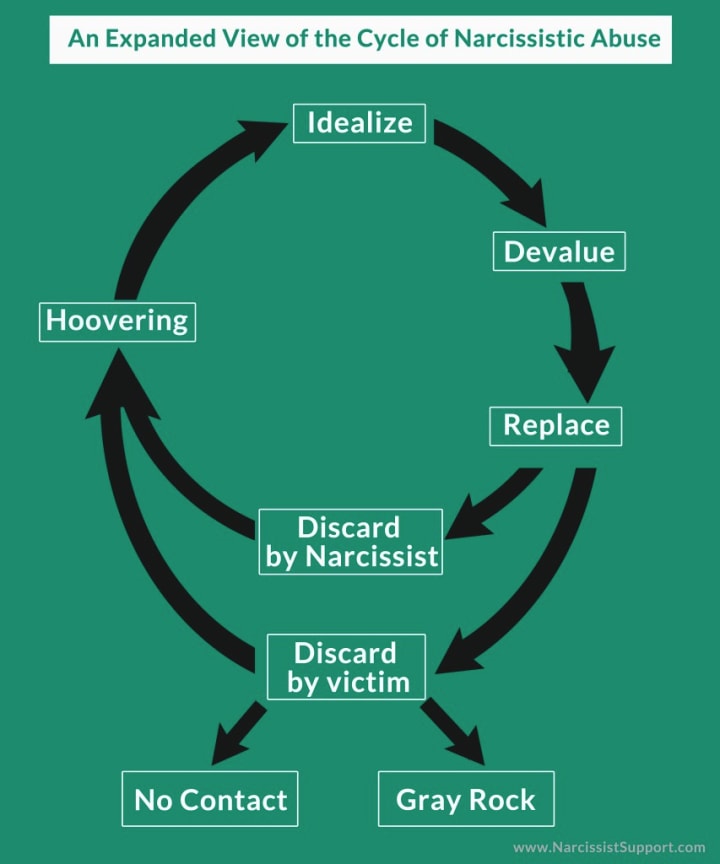 Or maybe it is she who can support him, but first he must be able to devalue you, so that after his departure you will cry bitterly in the living room on the floor.
Or maybe it is she who can support him, but first he must be able to devalue you, so that after his departure you will cry bitterly in the living room on the floor.
Every time the "inconsolable" lover returns to the stage, don't let yourself be dragged into the play "torn between two beloved women." You will lose, so you need to break contact.
5) Jekyll and Hyde: If he is truly a sociopath, as soon as you believe in his feigned feelings and let him back in, he will immediately take off his mask and make you pay dearly for interrupting contact. This can take the form of child abuse or physical abuse. If the worst happens, call the police as soon as possible. If only she could come.
What's really going on
He misses someone taking full care of him; created "special conditions".
He misses being himself. But he can't be like that with a new supplier.
He misses taking out his anger on someone.
He misses someone to wipe his snot and pay his bills.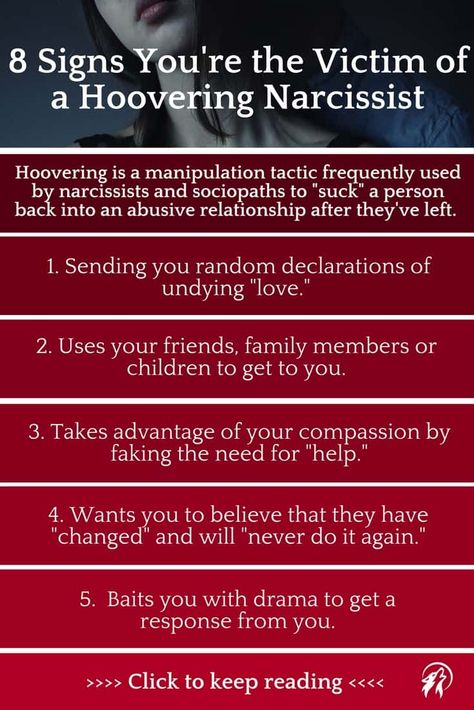
He misses an adoring, obedient partner.
He misses being "God".
He misses avoiding adult duties.
As you can see, all of the above has nothing to do with you, it all has to do with the narcissist himself. It's all about his ego and desire for control. These two things make up his inner world. When you break contact, you inflict narcissistic trauma on him, and he will do whatever is necessary to regain control and then devalue and leave you. This is why a real disconnect is so important for distancing yourself from a toxic, emotionally abusive partner. Remember point #2? Leave no opportunity to renew contact. You will greatly regret this later.
Kim Saeed
From here: http://letmereach.com/2014/04/10/faq-does-the-narcissist-miss-you-after-no-contact/
Translation: Sirin (from SHRM)
what such emotional unavailability — Monoclair
Headings : Favorites, Latest articles, Psychology
Did you find something useful here? Help us stay free, independent and free with any donation:
Donate
Why are we afraid of intimacy and refuse to show our feelings? What's stopping you from trying to build a truly trusting relationship? How is narcissism formed and why does it entail indifference to the feelings of others? And what to do if your partner or you yourself find yourself in a state of emotional unavailability? We deal with the practicing psychotherapist Larisa Pisarenko.

The concept of emotional unavailability is usually applied to those who stubbornly build a wall between themselves and others in an attempt to avoid emotional intimacy. Any relationship with such people usually does not bring anything but pain and mental exhaustion. Despite the fact that the phenomenon of emotional unavailability is practically not talked about, it is one of the most common causes of divorce.
It is not difficult to understand that you have an emotionally unavailable person in front of you. Usually such people get in touch at a convenient time for them, easily forget about their promises to write, call or meet, do not ask you about the details of your life, do not like to talk about themselves. Months after talking with such a person, you may be surprised to find that you don’t know anything about him at all.
Such people diligently avoid any conversation about feelings, no matter their own or yours. At the same time, in situations not related to the interpersonal sphere, they can be very active and emotionally interested.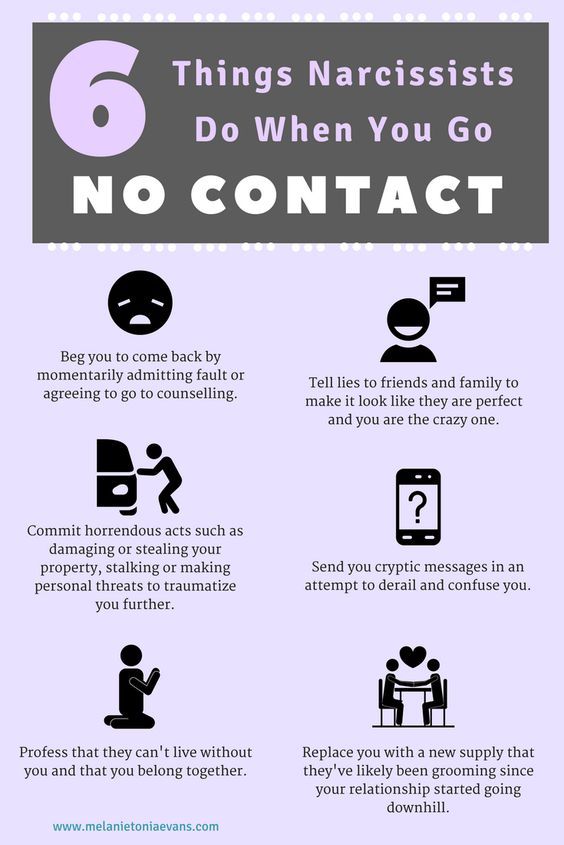 They are happy to immerse themselves in conversations about politics and social trends, talk about history and environmental issues, and sometimes even become ardent activists, for example, they protect animals or are interested in the living conditions of refugees.
They are happy to immerse themselves in conversations about politics and social trends, talk about history and environmental issues, and sometimes even become ardent activists, for example, they protect animals or are interested in the living conditions of refugees.
Unlike hikikomori, people with schizoid organization, autism or schizophrenia, such individuals do not seek social isolation: they successfully build a career, lead an active life in social networks and often give the impression of open and sociable people. But at the same time, their inner world remains closed. They are annoyed and frightened when someone tries to talk to them about their experiences or communicate their own. Usually such conversations end with the flight of emotionally unavailable people into their usual comfort zone.
It is important to understand that emotional inaccessibility is not a disease, but a condition consciously or subconsciously chosen by a person. Psychologists note that it can be both permanent and temporary. Constant coldness usually refers to people who have experienced early trauma. For example, a child who has witnessed an unhappy marriage of his parents may subconsciously decide that emotional intimacy is dangerous and only painful, and avoid close relationships in the future.
Constant coldness usually refers to people who have experienced early trauma. For example, a child who has witnessed an unhappy marriage of his parents may subconsciously decide that emotional intimacy is dangerous and only painful, and avoid close relationships in the future.
Psychologists believe that most often these qualities are related to the narcissistic personality type. Psychotherapist Larisa Pisarenko notes:
“The described manifestations evoke the idea of a narcissistic organization of the personality. It is formed when a small person is confronted with reality too early with messages like “come on, do it yourself.” The resource of such a child has not yet developed enough to independently solve the problems that his close environment sets before him. Assistants and defenders on the horizon are not found. And they manage. And they did it. And they can handle everything. But they paid for it with inner emptiness. They survived through a deep lock-in of difficult and complex feelings (after all, when there is little strength, but you have to cope, you simply don’t have the strength to feel, all the energy is spent on coping with the situation).

These are people of action, action. Words of sympathy will not be said and help will not be asked. If they are asked: “Why didn’t you tell, didn’t share what is happening to you,” they can be sincerely surprised: “Why do you need it.” Early on they received the message that their predicament was unimportant. We learned early that spiritual intimacy, support are concepts that have nothing to do with them personally. ”
Another reason for the constant coldness may be the "social program" of this or that society, in which it is simply not customary to openly express one's feelings.
Temporary blocking of emotions also occurs after traumatic events - a divorce, a difficult break in a relationship, a betrayal of a friend. The more such experience in the life of an individual, the more likely it is that one day he will close his inner world from others.
Psychotherapist explains:
“Narcissistic trauma, in fact, inevitably leads to emotional unavailability.
The narcissistic edge can also come to the fore during life, if circumstances associated with betrayal, trauma of trust contribute to this. When a person seems to internally decide: “I won’t give in anymore. I myself,” and slams the doors to his world consciously, paying with loneliness and formality for the absence of new pain.”
Interestingly, emotionally unavailable people build their comfort zone step by step and feel quite good in it. Outwardly, this can manifest itself in an obsessive desire for absolute independence, the desire to live alone, work for yourself, keep everything under control. All this allows you to avoid interpersonal relationships - an area that requires openness, trust and the need to make compromises.
Deepening
- Tragedy of the Narcissist: Compilation
- Collective narcissism: when does love for one's nation or group become pathological?
Problems arise when they still try to enter into friendships or even love relationships. The total emotional closeness of such a person can turn into a deep depression for his partner. Those who are close to him, as a rule, feel abandoned, unnecessary, used. At the same time, an emotionally closed person can claim that he loves and appreciates, but does not openly demonstrate his interest and continue to live by his own rules. Usually such relationships end with the patience of the second partner. Interestingly, after his departure, a person with a narcissistic personality organization may sincerely not understand where he made a mistake.
The total emotional closeness of such a person can turn into a deep depression for his partner. Those who are close to him, as a rule, feel abandoned, unnecessary, used. At the same time, an emotionally closed person can claim that he loves and appreciates, but does not openly demonstrate his interest and continue to live by his own rules. Usually such relationships end with the patience of the second partner. Interestingly, after his departure, a person with a narcissistic personality organization may sincerely not understand where he made a mistake.
According to psychotherapist Larisa Pisarenko, behind emotional closeness there is a fear of vulnerability and problems with trust:
“The drama of the narcissist is that it is cold inside. Empty and cold in this castle he created. And lonely. Intimacy causes fear of falling into a trap. You have to pay for everything. The narcissist cannot accept that he can be loved just like that. He was loved from childhood for something.
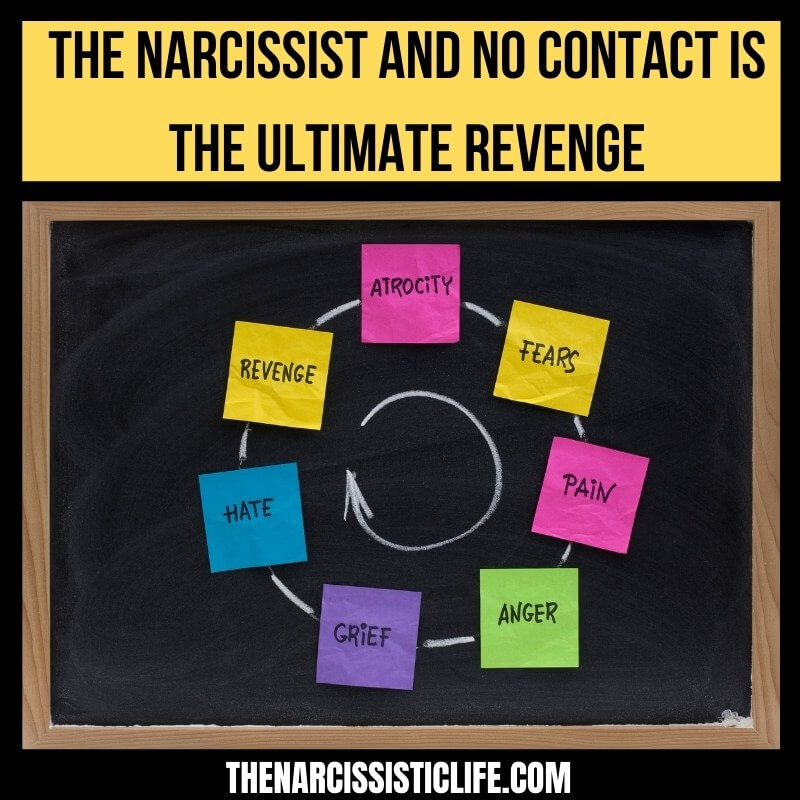
Narcissistic damage ranges from some sharpened personality traits to clinical narcissism, where the person is incapable of long-term close relationships and changes environment easily. To, firstly, “not to pay, not to be indebted to anyone” and, secondly, “suddenly, there, around the corner, it’s better” - the best partner, better relationships, work and others like him. And formal communication is a defense for the narcissist. It's safer that way."
At some point, emotionally unavailable people get scared. On the one hand, in their life “everything is under control”, everything happens approximately according to their scenario. But sometimes they feel total loneliness, and do not know what to do with it. After all, letting someone into your life means taking a risk and resigning yourself to the fact that for the first time in a long time something can go wrong, because the personality of another cannot be programmed the way we want.
“Narcissists come for changes when they begin to understand that other people live somehow easier, happier, warmer.
Often the narcissist's longing for such a safe and accessible reality of intimacy leads him to see a therapist. A narcissist worked out in therapy is great! While retaining the ability to accomplish and actively implement his goals, at the same time he begins to “let go” of himself in terms of assessments for these achievements, begins to stop in a continuous run through life, allow himself to feel joy, sadness, the whole rainbow of emotions that happens in the soul . It ceases to evaluate and devalue oneself and others, ”the specialist reports.
But if there is no awareness of the reasons for one's actions and attempts to change are still far away, then it is very difficult to be close to an emotionally blocked person. The union of two narcissists will most likely not be constructive either: partners will prefer to compete with each other instead of supporting and feeling.
Larisa Pisarenko remarks:
“You can build relationships with such people if you don't wait for them to melt away.
If the level of protection is strong, and the willingness to trust is low, then this may not happen.
At the same time, according to the expert, one of the keys to the narcissist's desire to change may be a strong feeling for another. However, you need to understand that the likelihood of such a scenario is low, and most partners of emotionally blocked people need to accept the fact that if, no matter what, they are going to save the relationship, they will have to sacrifice their need for warmth, as obsessive attempts to change the narcissist from the outside lead only to its distance.
Read also Attachment theory: how early relationships with parents affect our lives
Cover: John William Waterhouse, Hylas and the Nymphs (1896) / © Wikimedia Commons
Monoclere is an independent project. We do not have investors, advertising, paywalls - only ideas and knowledge that we want to share with you. But we can't do it without your support.
